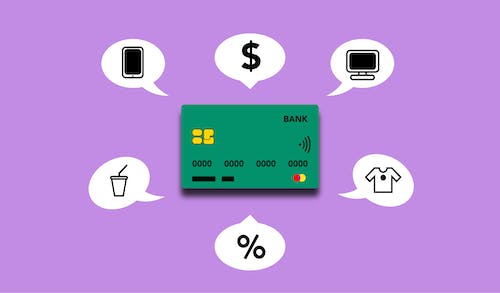Navigating Consumer Credit: A Guide to Responsible Borrowing
In today’s world, consumer credit plays a significant role in facilitating financial transactions and enabling individuals to purchase goods and services. From buying a car to financing education or managing unexpected expenses, credit can provide necessary flexibility. However, it’s crucial to understand how consumer credit works and to use it responsibly to avoid financial pitfalls. In this article, we’ll explore the basics of consumer credit and provide tips for managing it wisely.
Understanding Consumer Credit
Consumer credit refers to the borrowing capacity extended to individuals for purchasing goods or services on credit. It typically involves an agreement between a borrower and a lender, wherein the borrower receives goods or services in exchange for a promise to repay the borrowed amount, often with interest, at a later date.
Types of Consumer Credit
- Revolving Credit: This type of credit allows borrowers to continuously borrow up to a certain limit. Credit cards are a common example of revolving credit. Borrowers can use the credit line repeatedly as long as they make timely payments.
- Installment Credit: With installment credit, borrowers receive a lump sum of money upfront and repay it in fixed installments over a predetermined period. Mortgages, auto loans, and personal loans are examples of installment credit.
- Open Credit: Open credit accounts, such as charge cards, require borrowers to pay the balance in full each month. Unlike revolving credit, there’s no option to carry a balance forward.
Read More: Navigating the Mortgage Market: Understanding Trends and Tips for Homebuyers
Tips for Responsible Borrowing
While consumer credit can be a valuable financial tool, it’s essential to use it wisely to avoid debt traps and maintain a healthy financial life. Here are some tips for responsible borrowing:
- Know Your Financial Situation: Before taking on any debt, assess your financial situation. Understand your income, expenses, and existing debt obligations. Determine how much you can afford to borrow and repay comfortably.
- Create a Budget: Establish a budget that outlines your income and expenses. Allocate a portion of your income for debt repayment to ensure you can meet your obligations without strain.
- Borrow Only What You Need: Avoid borrowing more than necessary. Before taking on debt, evaluate whether the purchase is essential and fits within your budget. Borrowing excessively can lead to financial stress and difficulty in repayment.
- Compare Lenders and Offers: Don’t settle for the first credit offer you receive. Shop around and compare terms from different lenders to find the most favorable terms, including interest rates, fees, and repayment terms.
- Read and Understand the Terms: Before signing any credit agreement, carefully review the terms and conditions. Pay attention to interest rates, fees, penalties for late payments, and any other relevant terms. Make sure you understand your obligations as a borrower.
- Make Timely Payments: Missing payments or paying late can have serious consequences, including damage to your credit score and additional fees. Always make payments on time to maintain a positive credit history.
- Monitor Your Credit: Regularly review your credit report to ensure accuracy and identify any potential issues. Monitoring your credit can help you detect unauthorized activity and take steps to address any errors.
- Plan for Unexpected Expenses: Build an emergency fund to cover unexpected expenses and avoid relying solely on credit in times of financial need. Having savings can help reduce the need for additional borrowing.
Conclusion
Consumer credit can be a valuable tool for managing finances and achieving important goals. However, it’s essential to use credit responsibly to avoid falling into debt traps and damaging your financial health. By understanding the different types of consumer credit, evaluating your financial situation, and following tips for responsible borrowing, you can make informed decisions and effectively manage your credit obligations. Remember, borrowing wisely today can pave the way for a brighter financial future tomorrow.







